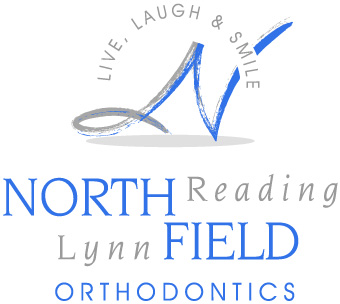


With several years of advanced training in the field of dentofacial orthopedics, our orthodontist is well versed in temporomandibular joint function and understands the complex relationship of dental occlusion and jaw development on joint health.
Connecting the jaw to the skull at a point located just in front of each ear, the left and right temporomandibular joints are complex structures that allow for all manner of oral function. While each temporomandibular joint is well equipped to handle the stress as the jaw moves up and down, front to back and from side to side, it can still become dysfunctional when overused, inflamed or injured. Factors that can increase one’s risk of developing a TMJ problem include bruxism or teeth grinding habit, misalignment of or trauma to the teeth and jaw, or the degenerative changes associated with arthritis and other inflammatory musculoskeletal disorders. A TMJ disorder can exhibit a wide range of uncomfortable and debilitating symptoms such as clicking, cracking or popping of the jaw with movement, earaches, ringing in the ears (tinnitus), headaches, facial pain, back and neck pain, vertigo, and muscle spasms as well as jaw locking and limited jaw movement.
When evaluating patients for the presence of a TMJ disorder, our orthodontist will review the medical and dental histories and then perform a thorough clinical assessment of joint symptoms and function. Special radiographic imaging and other diagnostic tests will be ordered as needed. Depending on the diagnosis, orthodontic treatment of a TMJ disorder may include oral appliances such as nightguards or stabilization splints to alleviate strain on the joints as well as occlusal adjustments or more comprehensive orthodontic care for long-term bite improvement and to facilitate joint recovery and function. Methods of self-care, stress reduction, relaxation techniques and medications will also be recommended as needed to help alleviate the symptoms. In certain cases a TMJ disorder may be referred for other types of care including prosthodontic treatment or a surgical procedure.